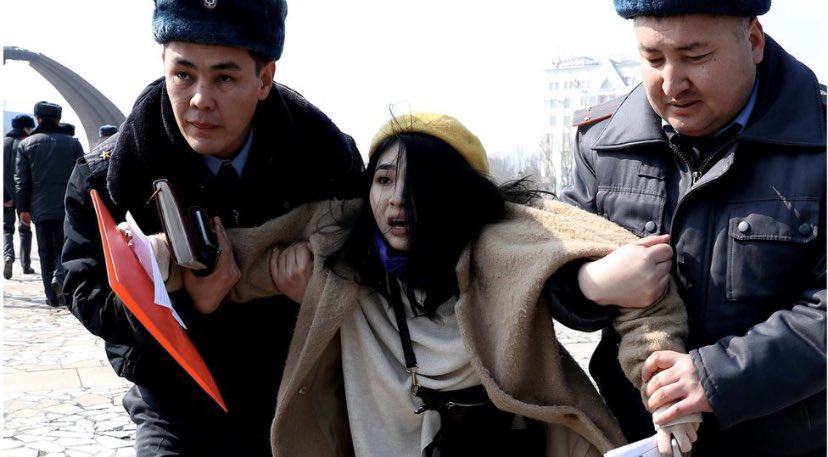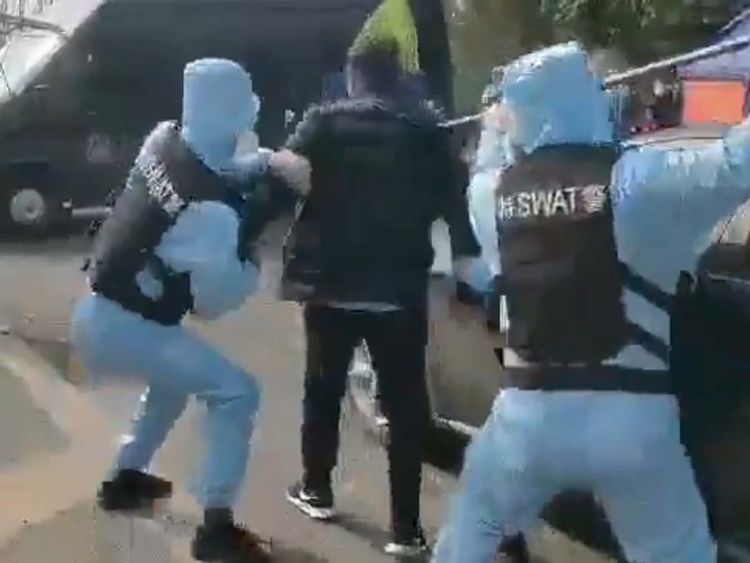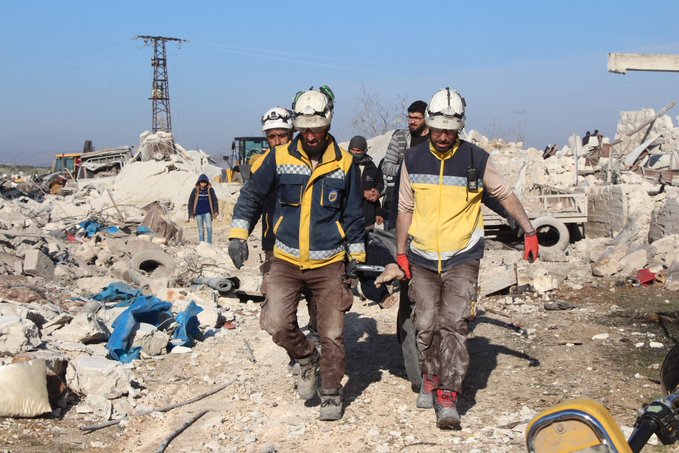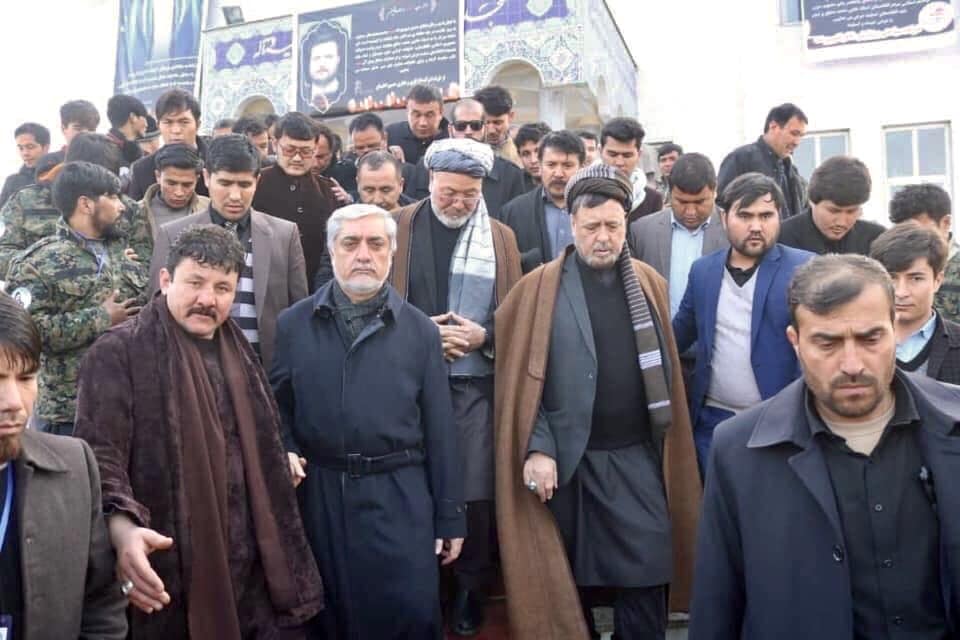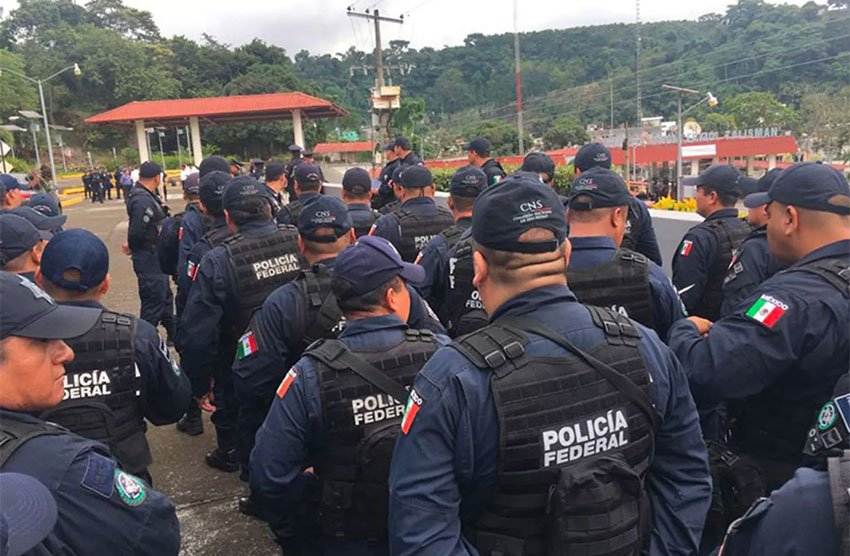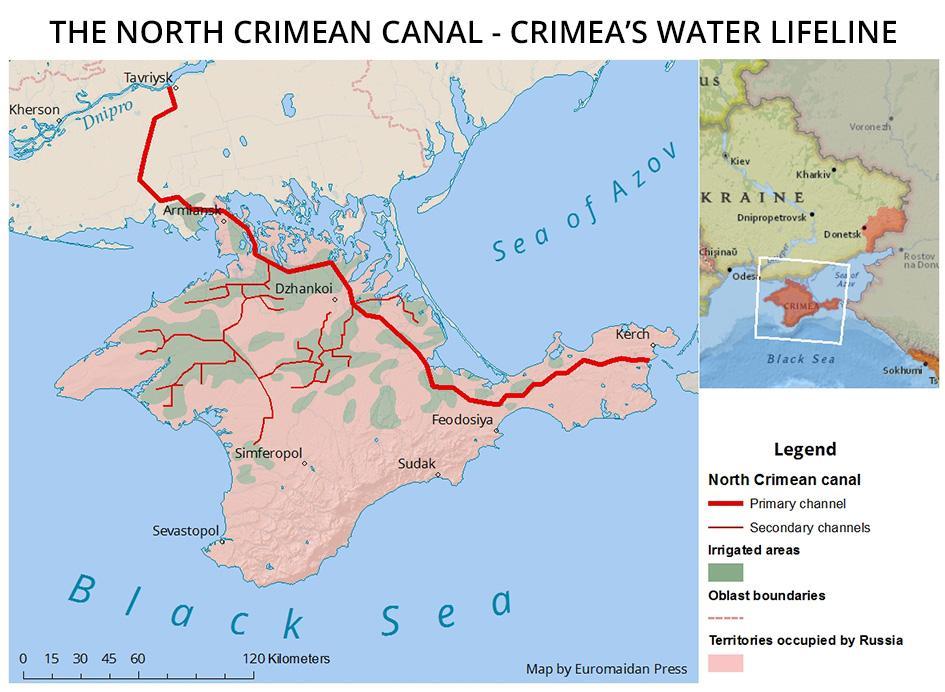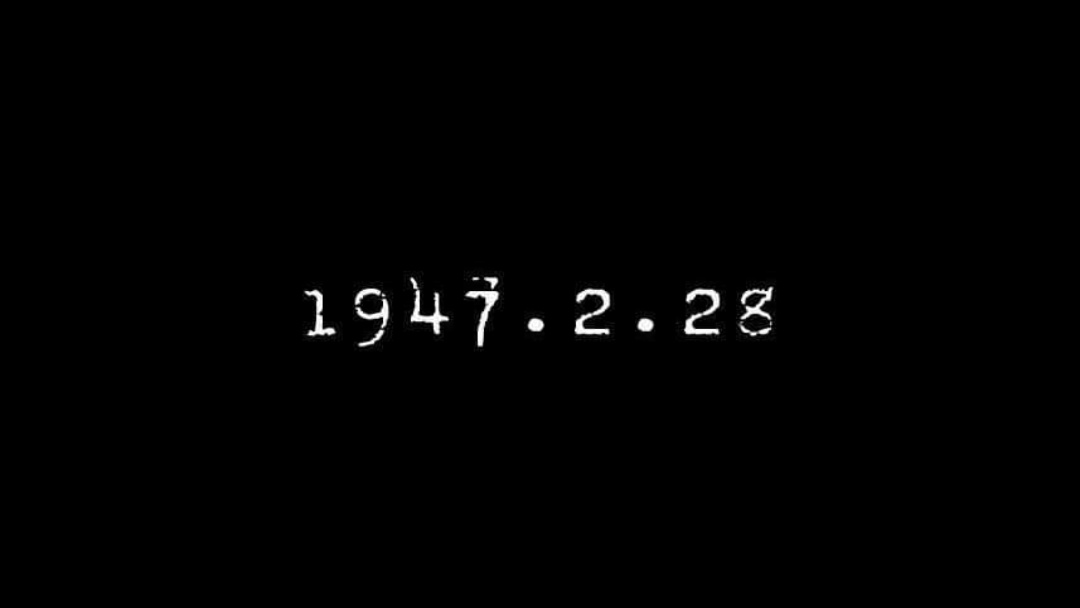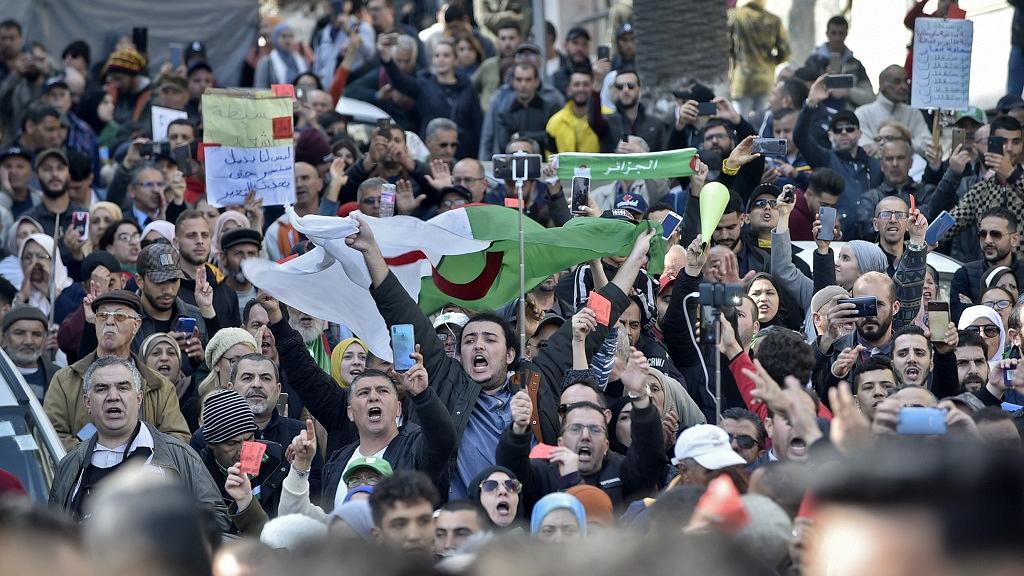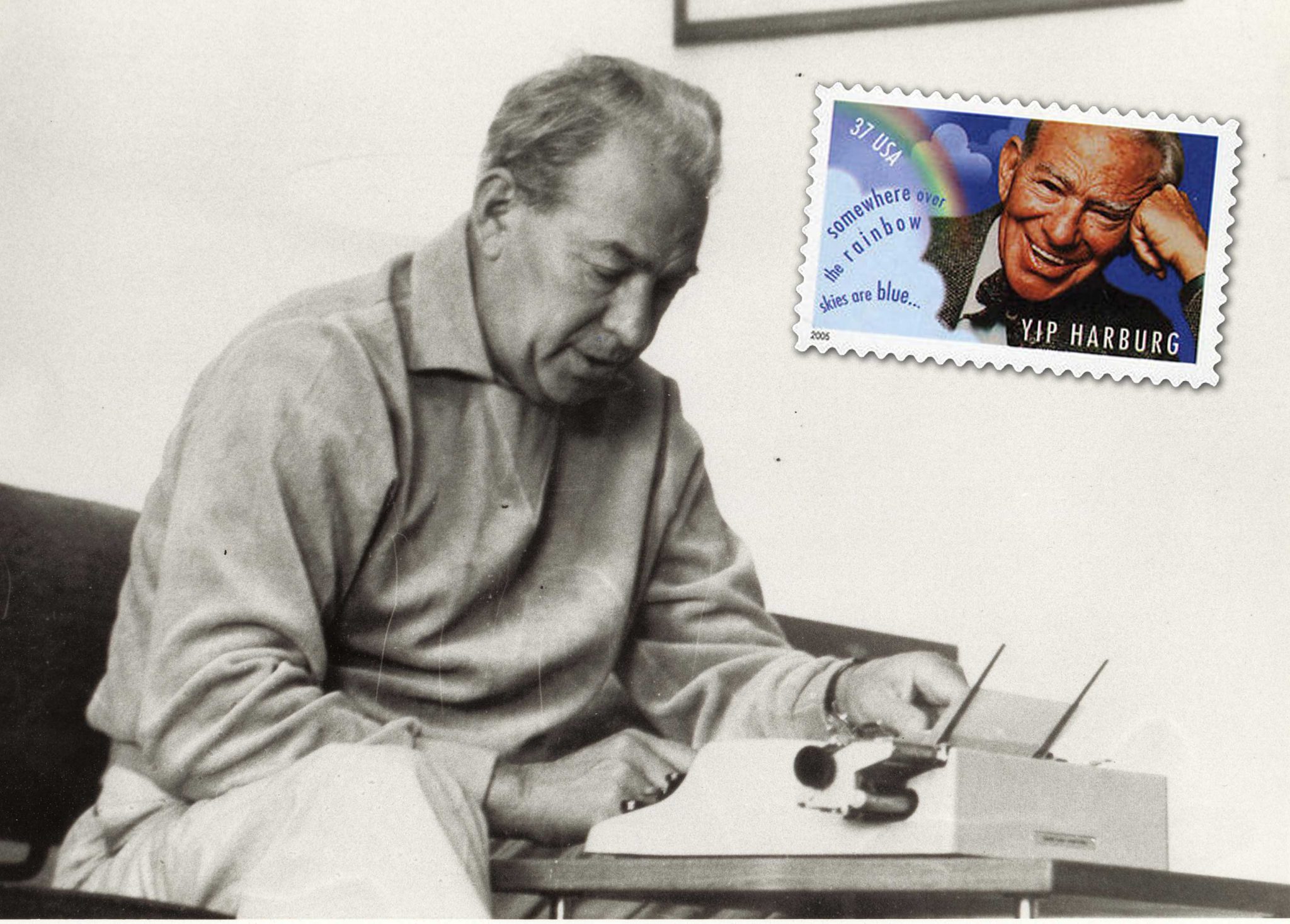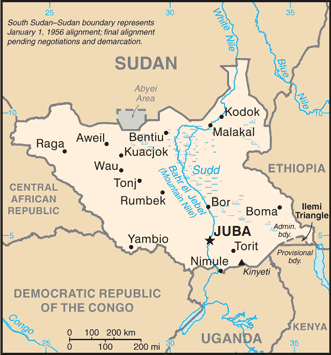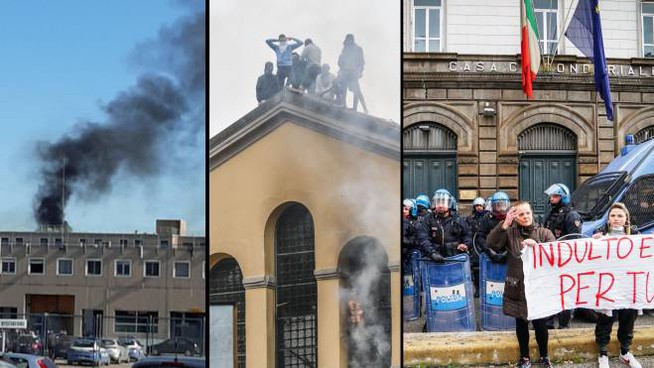
Italy: prisons in revolt over COVID-19 restrictions
A total of 12 inmates have been killed in prison riots across Italy, triggered by emergency restrictions imposed in response to the COVID-19 outbreak. The riots began in response to regulation changes that include the suspension of family visits. Uprisings have been reported at facilities from Bologna in the north to Sicily in the south. At Santa Ana prison, outside Bologna, fires were started and guards taken hostage. Soldiers and Carabinieri surrounded the facility to prevent inmates from escaping. Relatives of the inmates have also staged demonstrations outside the prisons. Protests and riots have been reported at a total of 27 prisons across Italy. (Image: Anarchists Worldwide)



